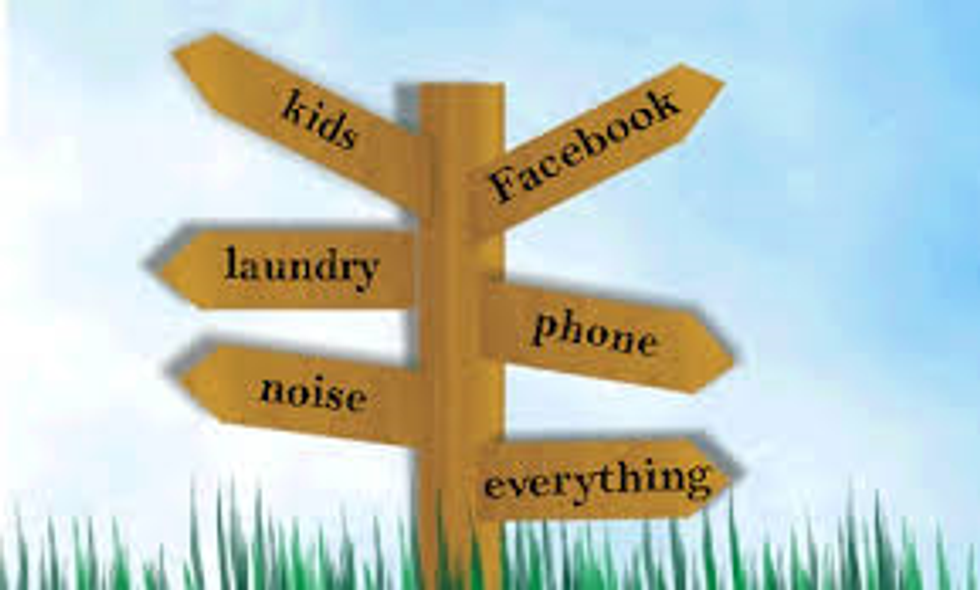For years, I’ve heard that the practice of meditation is valuable. Practitioners claim that the execution of this process can have beneficial effects on your mind, body, and spirit. Many believe that the application yields positive results such as clarity, decreased stress, and relaxation. Before I entered into my journey this year, I did my due diligence to find out what meditation actually is as well as the variety of methods that people use. What I discovered was that (for me), the word itself had somewhat of a stigma to it. Whenever I tell people that I meditate, I get the feeling that they think it has to do with my religion. And I secretly feel like they’re judging me and wondering if I’m chanting or worshipping a deity. In my research, I found out that while faith can be incorporated into a meditation exercise, it isn’t limited to faith or religion. And this is where I feel the negative connotation was birthed. Merriam-Webster has defined the term meditate to mean “to spend time in quiet thought for religious purposes.” This is a misconception, as all who meditate don’t follow a religion. Nor do those of us who do use the practice for that purpose. When I meditate, it’s sometimes used as a spiritual act where I offer thanks, although other times I use it simply to reflect or completely silence my mind (which for me only has about a five percent success rate). However, when I pray, this is a sacred time where I purposely enter into a humble space before divinity.
When I first began, I was intimated at even the thought of trying to “silence” the noise in my mind. I’m a writer for crying out loud, I get paid for my thoughts, so why on earth would I want to put a hamper on that? What I have come to realize is that there are a few tips that I’ve stumbled upon that have helped me along the way.
1. Lose the Distractions
When you are meditating, the first rule is that you will need to find a quiet place, like your bedroom, yoga class or otherwise, a safe haven where you can avoid interruption. Be mindful that distractions are not merely limited to sounds. A distraction can be anything that may prevent you from giving your full attention to the process. This can be clothing and accessories that are uncomfortable, a response to a text message or email, or just your cell phone in general. Make sure that you have allotted yourself time to fully engage in the process.
2. Breathe
And yes, it is as easy as it sounds. It never fails that when I’ve set aside time to meditate, that’s when my brain seems to kick into overdrive. It helps me to concentrate on my breathing patterns. Additionally, inhaling and exhaling allows oxygen to your brain, which can aid in increased relaxation.
3. Focus
This is probably the most challenging part of the entire process, maintaining focus. I suggest finding something to focus on, whether a thought, a feeling, an aspiration, a sound, whatever works for you. Some people use chanting. I was skeptical of this technique, I must admit, because this also has an uncomfortable connotation to it, for some people. While some people benefit from foreign utters of syllables, I prefer to chant an affirmation, often small phrases that I’ve written myself. Other times, I’ll reflect upon scriptures of gratitude or other quotes and sayings that I’m more comfortable with.
With these helpful hints, you’ll be on your way to mastering your thoughts and increasing your spiritual awareness in no time.
























